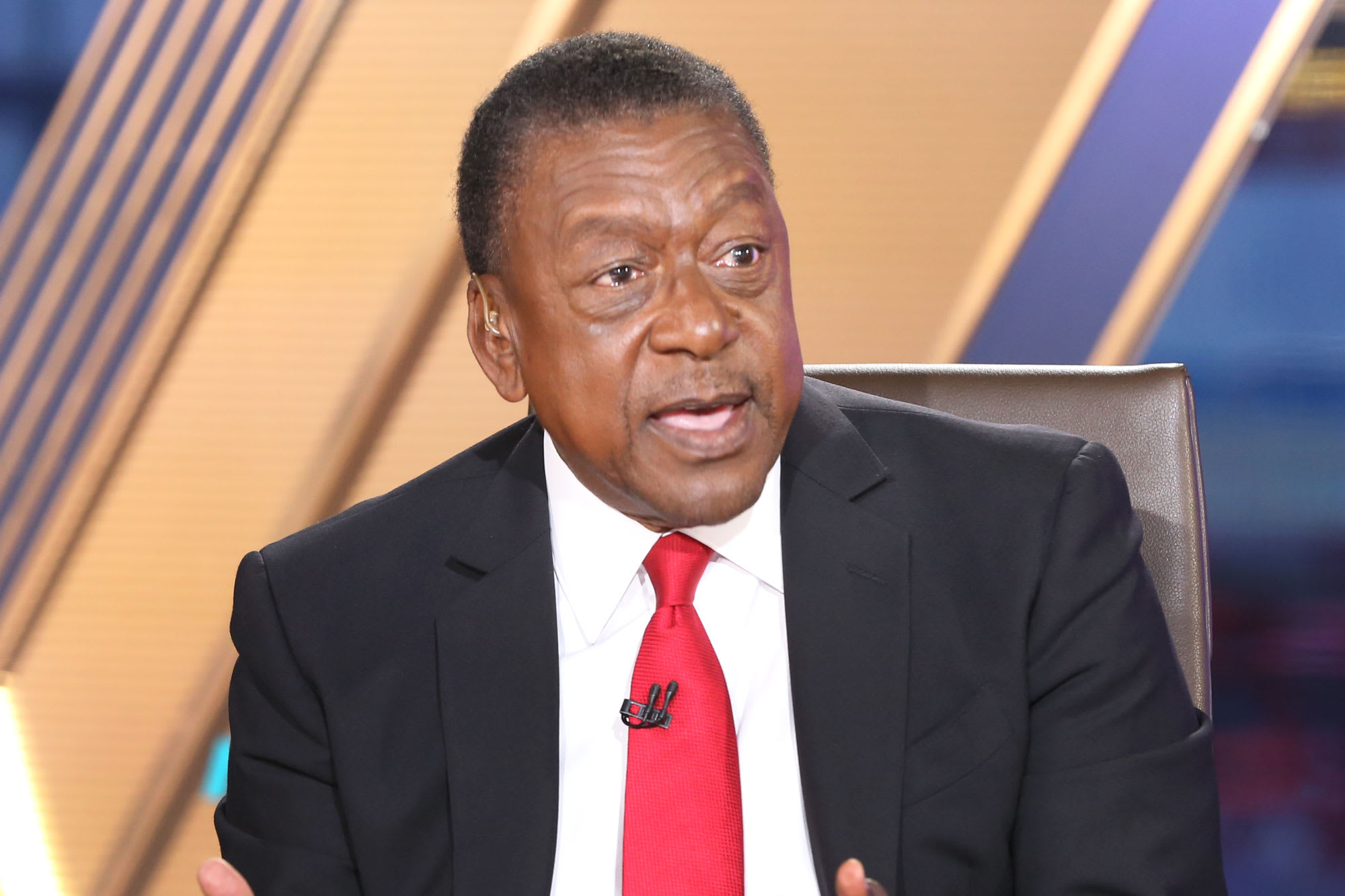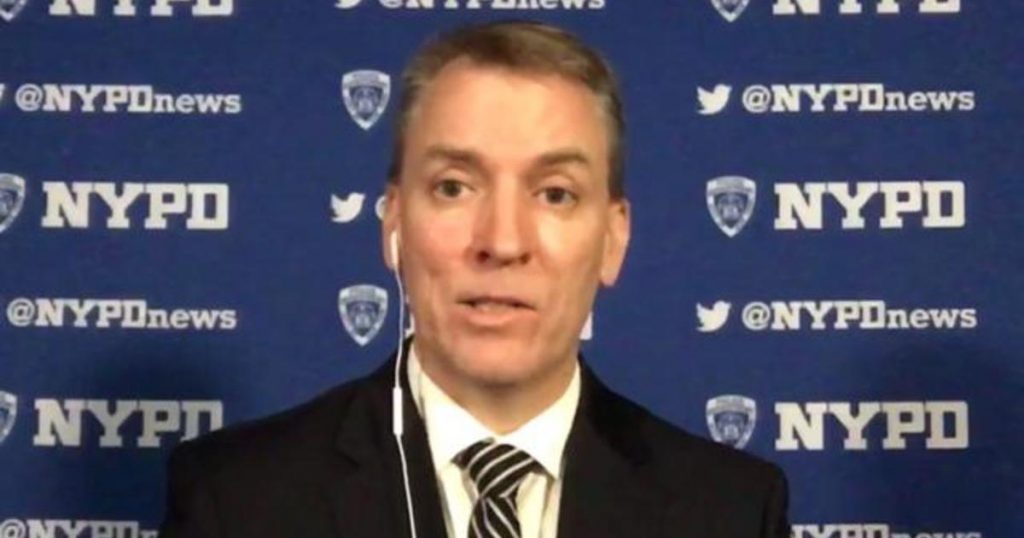
Robert Johnson, founder of Black Entertainment Television, told CNBC on Monday the U.S. government should provide $14 trillion of reparations for slavery to blacks to help reduce racial inequality in the nation.
The wealth divide and police brutality against blacks are at the heart of protests that have erupted across the nation following last week’s killing of George Floyd during an arrest in Minneapolis.
“Now is the time to go big” to keep America from dividing into two separate and unequal societies, Johnson said on “Squawk Box.” “Wealth transfer is what’s needed. Think about this. Since 200-plus-years or so of slavery, labor taken with no compensation is a wealth transfer. Denial of access to education, which is a primary driver of accumulation of income and wealth, is a wealth transfer.”
Calling reparations the “affirmative action program of all time,” Johnson said they would send the signal that white Americans acknowledge “damages that are owed” for the unequal playing field created by slavery and the decades since.
He said the need for reparations has been on his website since last year. “I’m not new to this challenge.”
Johnson made history as America’s first black billionaire when he sold BET to Viacom in 2001. Shortly after the sale, he started the investment firm The RLJ Cos. He’s no longer on the Forbes billionaires list.
Merck Chairman and CEO Ken Frazier, who said later on “Squawk Box” that he could have been in Floyd’s place, expressed doubts on whether reparations would be possible. “I don’t believe we’ll be able to get anything like that through our political system.” However, he said, “Leaders in the business community has be a unifying force. They can be a source of opportunity. They can be a source of understanding.”
“We as business leaders can step up and solve many of these economic problems for people,” Frazier said, saying that education, particularly financial literacy, is the “great equalizer.”

